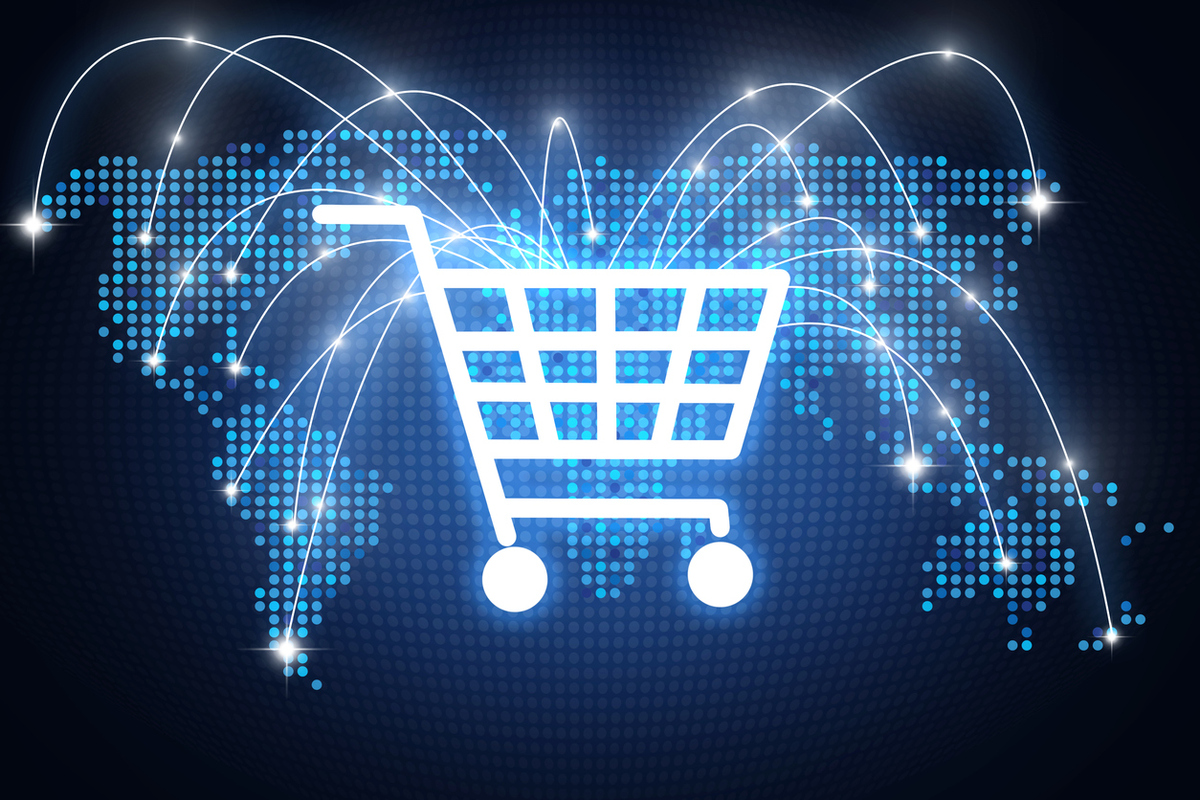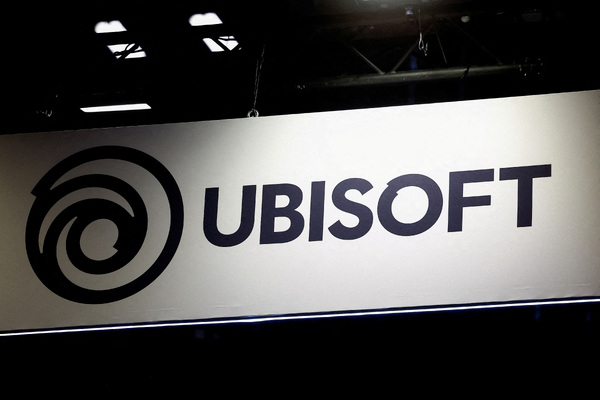Five trends in 2025 that e-commerce businesses need to leverage

As we kick off the new year, it is clear that the trading landscape is being reshaped by the evolution of e-commerce and international trade. The global e-commerce market is projected to reach approximately $6.56 trillion by the end of 2025, marking a 7.8 per cent increase from the previous year. The appetite for cross-border shopping is also continuing to grow, as consumers seek unique products from around the world, and despite facing global economic uncertainties, the industry has shown the ability to adapt through changing market dynamics.
However, to truly thrive in this evolving landscape, e-commerce businesses should be acknowledging and taking advantage of emerging trends.
Seizing opportunities in emerging markets
We’re seeing new markets begin to emerge and open up considerable opportunities for UK businesses. Countries such as Turkey, Romania, Poland and Hungary hold exceptional potential thanks to major growth rates in GDP. These countries offer promising opportunities for e-commerce businesses due to increasing access to high-speed internet, more mobile commerce and rising numbers of consumers with spending power. However, to identify and capitalise on these opportunities, thorough market research will be essential. Businesses should explore how trade agreements can enhance their global reach.
Other methods to access new markets include analysing website traffic to pinpoint demand, as well as offering localised web pages and payment options. Fully understanding customs regulations and local compliance requirements is also critical.
Maximising opportunities in established markets
As uncertainty about future trade arrangements with the US emerges, cross-border commerce with Europe is becoming slightly more streamlined, thanks to regulatory clarity and growing familiarity with the customs requirements. Businesses looking for expansion could benefit from these predictable, albeit complex trading conditions.
And while there might be challenges in the varying VAT rates, compliance rules and logistical complexities in Europe, this can be mitigated by having robust logistics partnerships and optimised cross-border payment systems in place.
Understanding the transformation in B2B sales
The B2B e-commerce sector is undergoing a significant transformation, driven by a younger generation of business buyers who expect consumer-grade digital experiences. Manufacturing and automotive industries are rapidly adopting online selling platforms, recognising that modern B2B buyers demand the same seamless experience they enjoy in B2C transactions. Equally, opportunities are emerging for established consumer e-commerce businesses to expand revenue streams by diversifying into B2B e-commerce through channel and wholesale models.
Using sustainability as a competitive advantage
Sustainability will remain a critical factor in influencing consumer behaviour, with online shoppers increasingly prioritising brands that demonstrate environmental responsibility, use eco-friendly packaging and are transparent about their carbon footprint. According to our research, 59 per cent of online shoppers cite sustainability as a crucial factor in their purchasing decisions and 54 per cent of consumers now actively seek information about CO2 emissions related to their deliveries.
Businesses can respond to these expectations and reduce their environmental impact by integrating sustainable practices through their operations, from sourcing and manufacturing to packaging and shipping. Companies that embrace sustainability will not only benefit the planet but also attract a broader customer base.
Jumping on the accelerating social commerce trend
Social media platforms are becoming powerful channels for product discovery, research and purchasing, a trend that will only grow in 2025. Three out of four consumers say they now use social platforms for purchasing decisions, demonstrating how businesses that establish and maintain a strong social media presence will be those who most successfully engage with a global audience.
Creating platform-specific content and using analytics to refine targeting will also be key steps to success.
Today’s consumers and businesses expect fast and reliable delivery options even through times of market volatility and supply chain disruption. While this might seem challenging to some, working with a logistics partner with global expertise and infrastructure and access to more advanced technology will help streamline operations and drive greater sales success in 2025 and the years to come.
By Ian Wilson, Chief Executive, DHL Express UK


Business Reporter Team
You may also like
Most Viewed
Winston House, 3rd Floor, Units 306-309, 2-4 Dollis Park, London, N3 1HF
23-29 Hendon Lane, London, N3 1RT
020 8349 4363
© 2025, Lyonsdown Limited. Business Reporter® is a registered trademark of Lyonsdown Ltd. VAT registration number: 830519543





